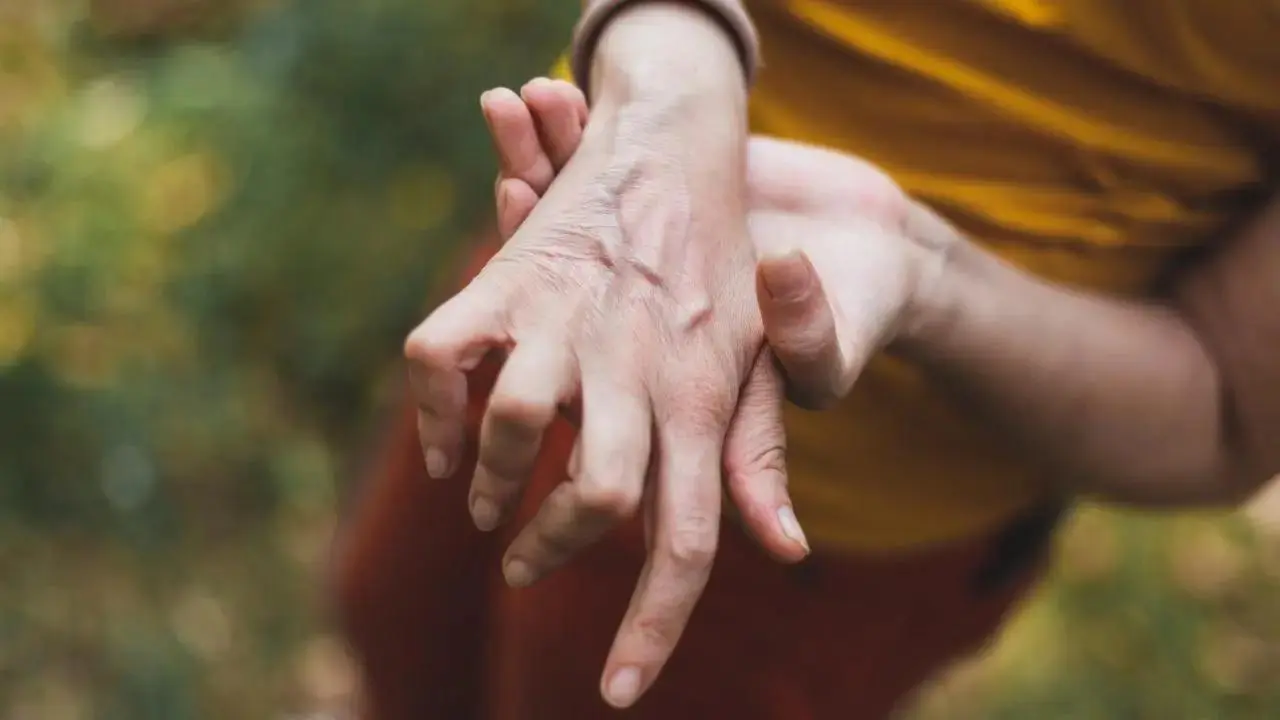While arthritis affects close to 40 per cent women across the world, the toll it takes on a mother is different. Indian health experts highlight how the disease can not only take a physical but also an emotional toll on mothers

Image for representational purpose only. Photo Courtesy: istock
Arthritis occurs in close to 40 to 60 per cent of women across the globe and is also one of the primary causes of disability.
While the effects of arthritis not only on men but also on women are known, it affects mothers differently. Arthritis is not only a physical disease, says Dr Vaibhav Bagaria, director, Orthopaedics at Sir H.N. Reliance Foundation Hospital in Girgaon but it's one that tests the core essence of motherhood—a caretaker.
Globally and in the country, Dr Ashraf Khan, consultant orthopaedic and joint replacement surgeon, Ruby Hall Clinic Wanowrie says statistics show that approximately 1 in every 4 women gets diagnosed with arthritis at some point in their lives, with close to 40% of such people being women under the age of 65—most of whom are mothers and primary caregivers
Dr Vaibhav highlights, "Mothers, particularly in Indian families, bear a special emotional and physical burden. From bending down to pick up toddlers to hopping around on errands, their joints are in perpetual motion. When arthritis takes hold—particularly osteoarthritis or rheumatoid arthritis—it starts to drain not only mobility, but confidence. A mother who once coordinated a whole household with ease now has trouble opening a jar or going up the stairs."
Taking it in their stride, he says, many continue to grit their teeth through pain, often suppressing symptoms, neglecting diagnosis, and putting family ahead of themselves.
Why does arthritis affect mothers differently?
The Mumbai-based doctor adds, "The pregnancy and postpregnancy hormonal shifts, the loss of calcium stores, and repetitive joint trauma render mothers extremely susceptible. As opposed to those women who perhaps have the option to take time off or change their lifestyles, mothers do not often have this luxury."
It is not only the physical but also the emotional cost, he reminds, that make life difficult for them. "A mother who is unable to hold her child or even do daily tasks may experience guilt, frustration, or even depression. Loss of functional independence can have a profound impact on her mental health," he adds.
Even as mothers struggle with their daily life while dealing with arthritis, Dr Vaibhav says it is important to get an early diagnosis, proper calcium and vitamin D supplementation, weight control, regular physiotherapy, and, when needed, surgery as it can significantly enhance quality of life.
"We must design a support network which not only identifies signs of arthritis early on but also familiarises people with seeking help. Get the mothers to heed their body. If they wake up with joint swelling, stiffness, or chronic pain, then it's time to seek a medical opinion—not mere home remedies," he suggests.
Why are women more affected by arthritis?
Dr Ashraf says there are primarily three major reasons:
Hormonal factors: Changes in estrogen levels, particularly at menopause, have been associated with more inflammation and degeneration of the joints.
Autoimmune link: Most autoimmune types of arthritis (such as rheumatoid arthritis and lupus) occur more frequently in women because of immune system differences that are sex-related.
Differences in joint structure: Women have relatively more mobile joints and less muscle surrounding the joints, making them more vulnerable to joint wear and tear.
 Subscribe today by clicking the link and stay updated with the latest news!" Click here!
Subscribe today by clicking the link and stay updated with the latest news!" Click here!








